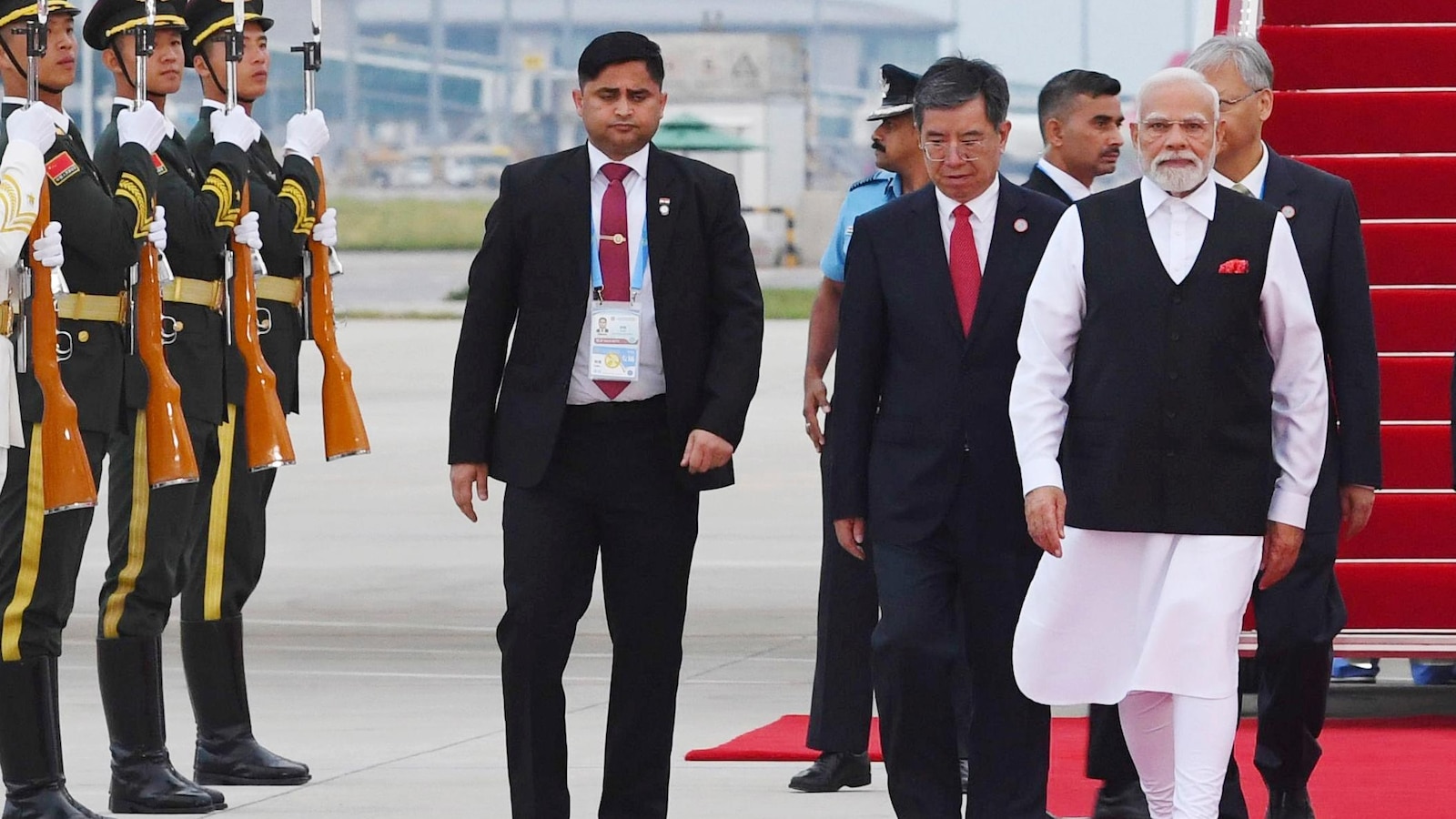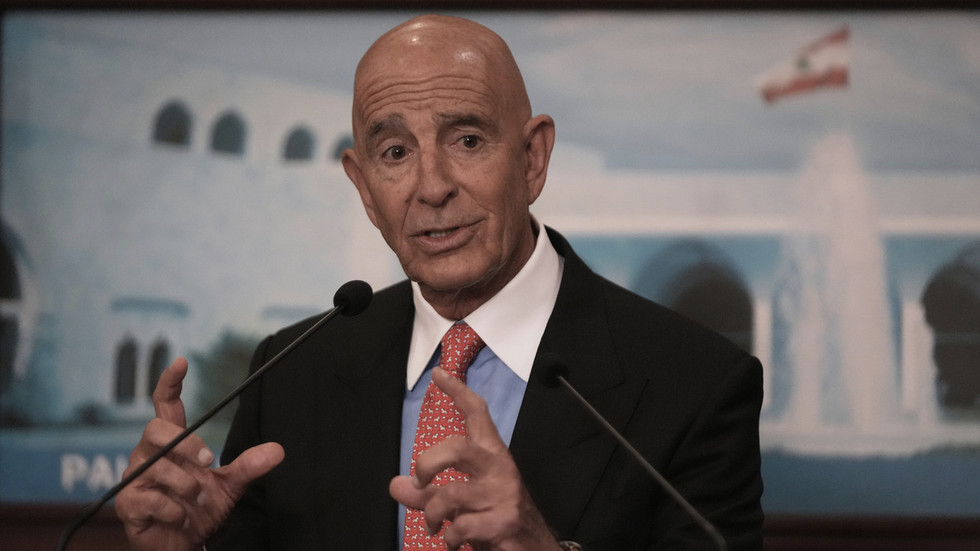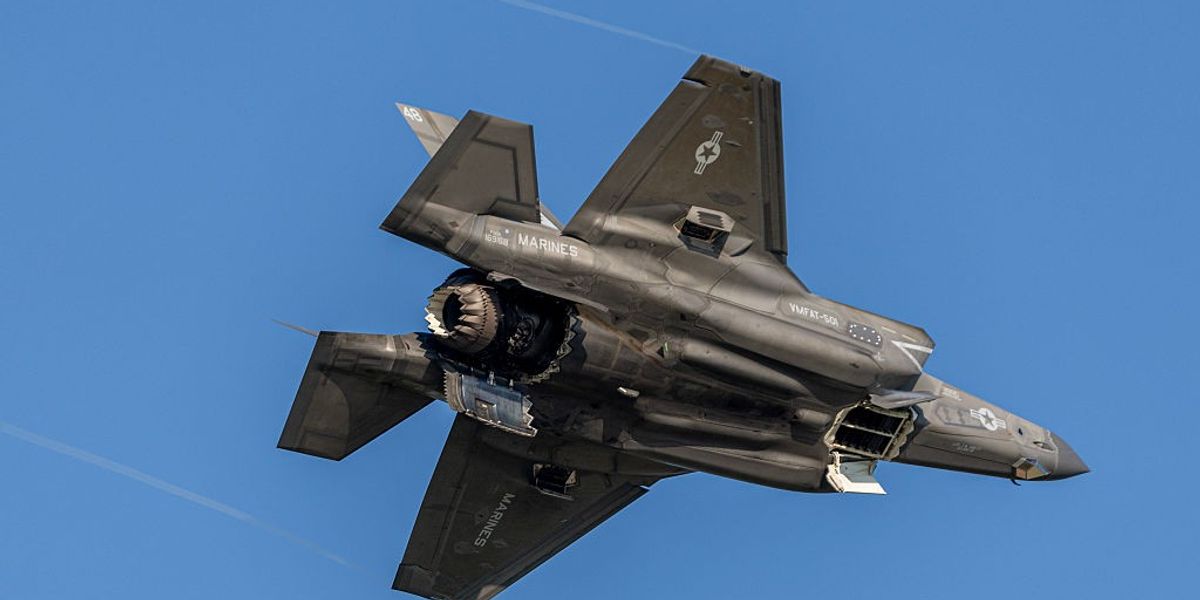During the month after Niger’s military seized power, violence primarily linked to extremists soared by more than 40 per cent, according to the Armed Conflict Location & Event Data Project. Jihadi attacks targeting civilians quadrupled in August compared with the month before, and attacks against security forces spiked in the Tillaberi region, killing at least 40 soldiers, the project reported.
“This attack unfortunately caused the loss of several of our valiant soldiers,” Mody said Monday. “The provisional assessment of this attack is as follows: on the friendly side, 29 soldiers fell. … On the enemy side, several dozen terrorists were neutralised, fifteen motorcycles destroyed, a large quantity of weapons and ammunition seized.”
The junta, which took over power after a July coup against Niger’s democratically elected government, declared a three-day national mourning period for the dead.
It repeated claims made in the past that “destabilisation operations” were being carried out by “certain foreign powers with the complicity of Nigerien traitors,” without further details or proof.
Under growing pressure since the coup against Nigerien president Mohamed Bazoum, which the military said was carried out because of Niger’s security challenges, the junta promised that “all efforts will be made to guarantee the security of people and their property throughout the national territory.”
Niger has battled a jihadi insurgency linked to al-Qaida and the Islamic State group for years. And the junta’s capacity to improve Niger’s security has increasingly been questioned recently as attacks have increased since mutinous soldiers toppled in July.
Niger was seen as one of the last democratic countries in Africa’s Sahel region that Western nations could partner with to beat back the jihadi insurgency in the vast expanse below the Sahara Desert. The United States, France and other European countries poured hundreds of millions of dollars into shoring up the Nigerien military.
















